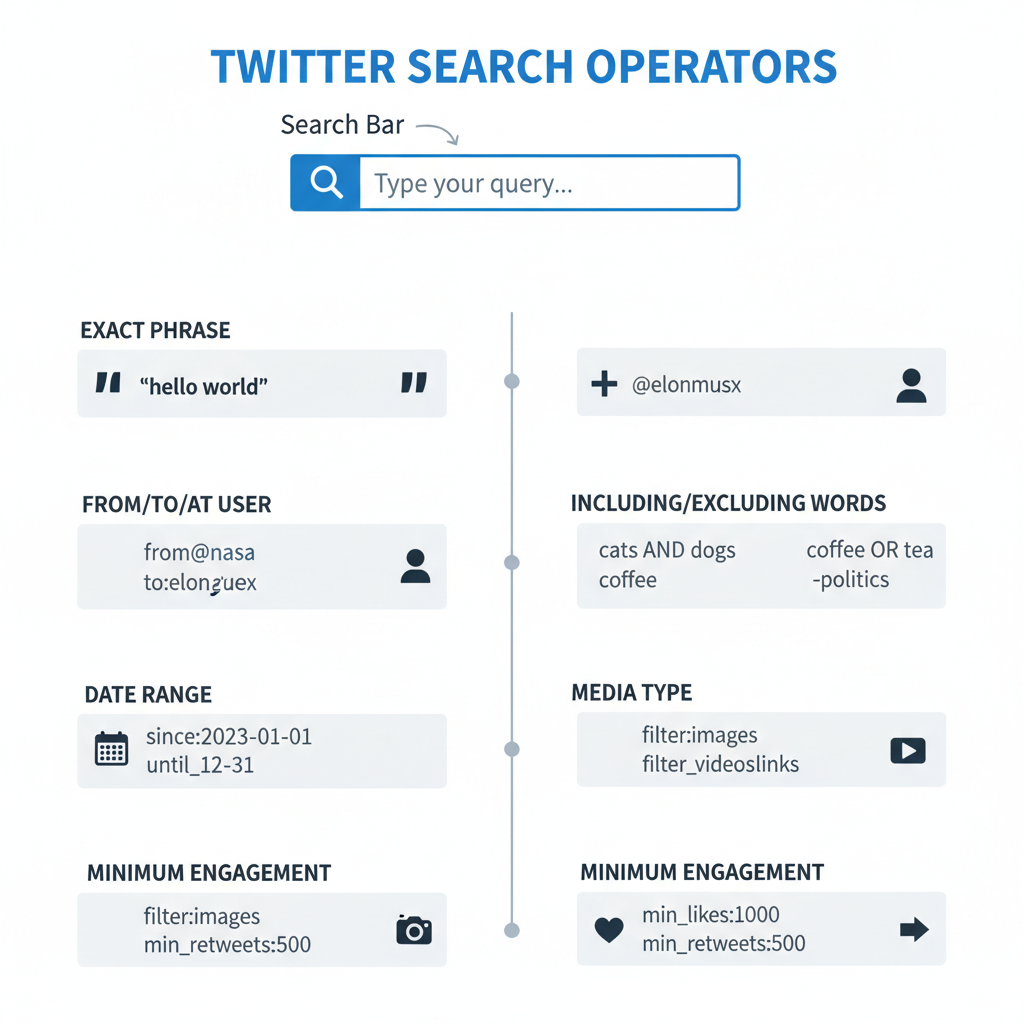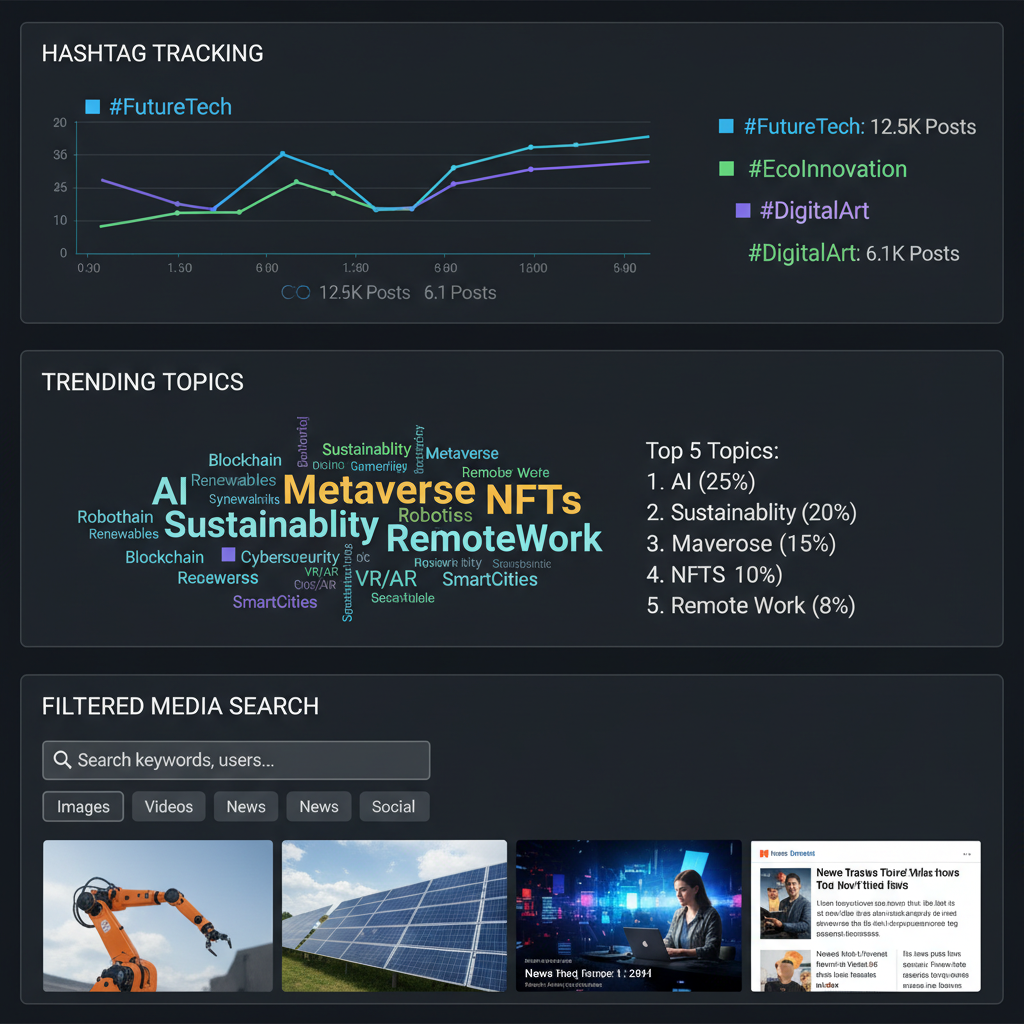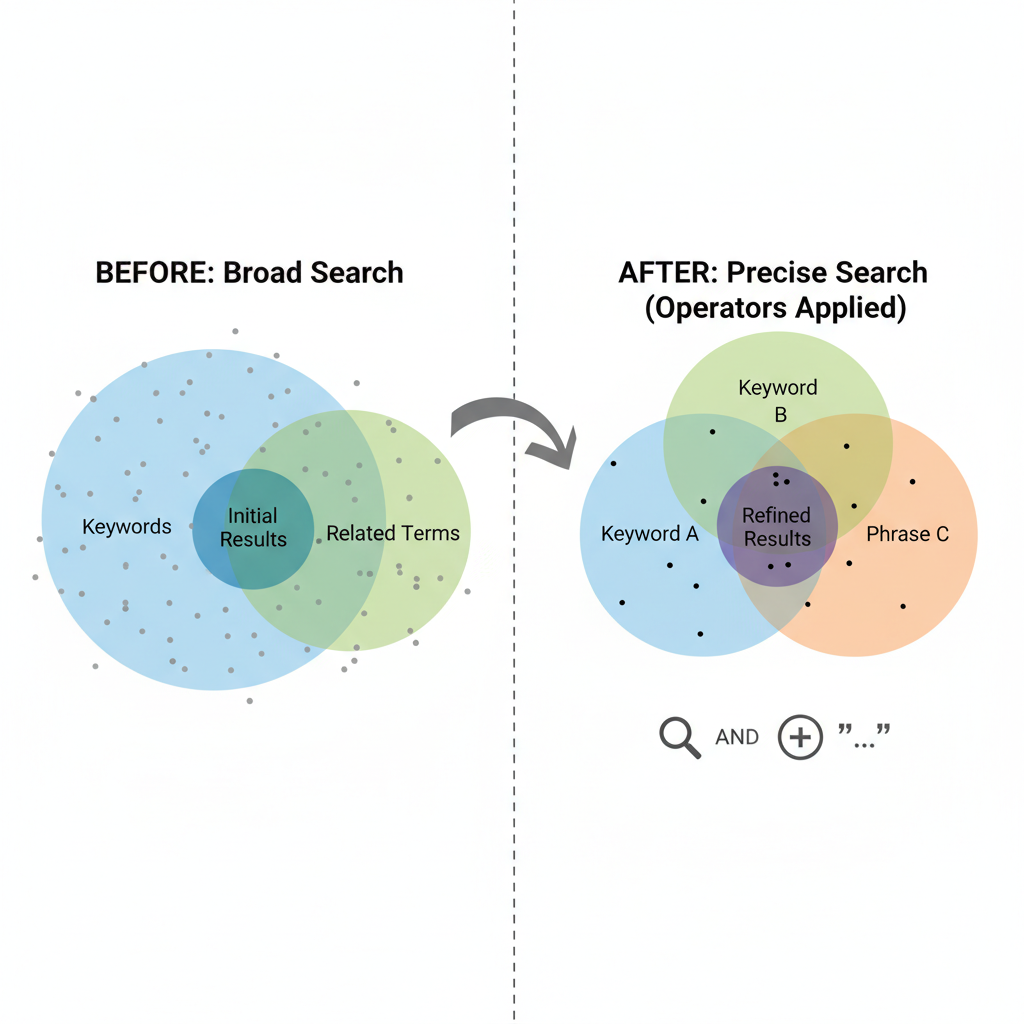Better Twitter Search Tips to Find Tweets Faster
Learn advanced Twitter search operators and filters to quickly find tweets, refine results, track trends, and monitor conversations with precision.

Better Twitter Search Tips to Find Tweets Faster
Finding the right tweet on Twitter can feel like looking for a needle in a haystack. Whether you’re researching trends, monitoring brand mentions, or digging into conversations from years ago, mastering Better Twitter Search techniques can save you time and boost accuracy. Twitter’s native search supports powerful, lesser-known operators that let you filter through millions of posts instantly.
This comprehensive guide covers advanced search operators, tips, and best practices so you can use Twitter search like a pro and achieve high-precision results.

---
Understand Twitter’s Native Search Operators
Twitter has a set of search operators—short commands you can type into the search bar to filter tweets—that many people overlook. These operators work like coded instructions, narrowing down what you see.
Some popular operators include:
- `from:` — Find tweets from a specific account.
- `to:` — Find tweets sent as replies to a specific account.
- `@username` — Find tweets mentioning a specific account.
- `filter:` — Filter tweets by media type or links.
- `since:` and `until:` — Search by date ranges.
By combining these, you can create layered queries to pinpoint exactly what you need.
---
Use Exact Phrase Matching with Quotes for Precision
When you need tweets containing an exact phrase, wrap the phrase in quotation marks. For example:
"better twitter search"This tells Twitter to only show tweets that match those words in exactly that order.
Benefits of using quotes:
- Eliminates irrelevant results.
- Vital for tracking specific slogans, product names, or exact quotes.

---
Apply `from:`, `to:`, and `@username` Filters for Targeted Results
If you know the author or recipient of a tweet, filter by username.
from:elonmuskFinds tweets posted by Elon Musk.
to:elonmuskFinds tweets directed to him.
@SpaceXFinds tweets mentioning SpaceX.
Using `from:` and `to:` together can help you find conversations between users:
from:jack to:biz---
Combine Operators with AND, OR, and Minus (-) Terms
Logical operators refine your search logic:
- `AND` — Returns tweets containing both terms.
- `OR` — Matches either term.
- `-` (minus) — Excludes a term.
Example:
"open source" AND "AI" -cryptoFinds tweets containing both open source and AI, excluding any about crypto.
---
Filter by Date Ranges Using `since:` and `until:`
Twitter lets you filter results between specific dates:
"better twitter search" since:2022-01-01 until:2022-12-31This returns tweets from 2022 mentioning the exact phrase. The `until:` date is exclusive, meaning it won’t include that exact day.
Pro tip: Combine date filters with other operators for deep dives into historical conversations.
---
Search for Specific Media Types
You can easily filter tweets with or without certain kinds of media:
- `filter:images`
- `filter:videos`
- `filter:links`
Example:
from:NASA filter:imagesShows only image tweets from NASA.
This is helpful for journalists, marketers, and researchers seeking visual references or viral videos.

---
Track Hashtags and Trending Topics Effectively
Hashtags are core to Twitter discoverability. Searching for `#YourHashtag` surfaces all relevant tweets. You can combine hashtags with other filters:
#BetterTwitterSearch since:2023-06-01 filter:linksThis finds tweets with your hashtag within a set date range that contain links.
---
Use `min_retweets:`, `min_faves:`, `min_replies:` for Engagement-Based Search
If you want to find only popular tweets:
"AI news" min_retweets:100Operators:
- `min_retweets:`
- `min_faves:` (likes)
- `min_replies:`
These focus your search on tweets with significant interaction—ideal for trendspotting and case studies.
---
Explore Location-Based Search
Location filtering allows you to find tweets from a specific geography:
near:"New York" within:15miThis retrieves tweets posted within 15 miles of NYC. Note: this works only if users enable location tagging.
Alternative: Use Twitter’s advanced search interface to filter by place.
---
Leverage Third-Party Tools for Advanced Filtering and Analytics
Twitter’s native operators are powerful, but external tools can add value:
- Sentiment analysis
- Influencer identification
- More precise geolocation
- Bulk exports to CSV
Popular tools:
- TweetDeck — Live monitoring and saved searches.
- Twilert — Email alerts on keyword matches.
- Followerwonk — Analyze account followers and bios.
---
Save, Pin, and Export Search Results for Ongoing Monitoring
If you run searches daily:
- Perform your search using relevant operators.
- Click the three-dot menu beside the search bar.
- Select Save search.
In TweetDeck, pin a search column for real-time updates. For deeper tracking, export data via third-party apps for historical records.
---
Common Mistakes to Avoid with Twitter Search Syntax
Avoid these errors for better results:
- Spaces in operators: Use `from:username` not `from: username`.
- Wrong date formats: Must be `YYYY-MM-DD`.
- Overloading operators: Too many filters can return zero results.
- Assuming location always works: Geolocation depends on tweet settings.
---
Quick Reference Table of Twitter Search Operators
Here’s a handy operator cheat sheet:
| Operator | Description | Example |
|---|---|---|
| "keyword phrase" | Exact match search | "better twitter search" |
| from: | Tweets from a user | from:elonmusk |
| to: | Tweets to a user | to:jack |
| @username | Tweets mentioning a user | @NASA |
| since: | Start date filter | since:2023-01-01 |
| until: | End date filter (exclusive) | until:2023-12-31 |
| filter:images | Only tweets with images | filter:images |
| filter:videos | Only tweets with videos | filter:videos |
| filter:links | Only tweets with links | filter:links |
| min_retweets: | Minimum number of retweets | min_retweets:50 |
| min_faves: | Minimum number of likes | min_faves:100 |
| min_replies: | Minimum number of replies | min_replies:10 |
| OR | Match either term | cats OR dogs |
| -term | Exclude a term | AI -crypto |
---
Conclusion
Mastering Twitter’s search operators is essential for social media professionals, journalists, researchers, and anyone looking to surface valuable tweets fast. With the Better Twitter Search techniques outlined here, you can cut through the noise and find highly targeted, relevant content in seconds.
Start by testing one or two new operators in your next search and build up from there. Soon, you’ll navigate Twitter’s vast archive with ease, unlocking both current and historical insights that give you a competitive edge.
Pro Tip: Bookmark this guide so you always have the most effective Twitter search commands at your fingertips.



